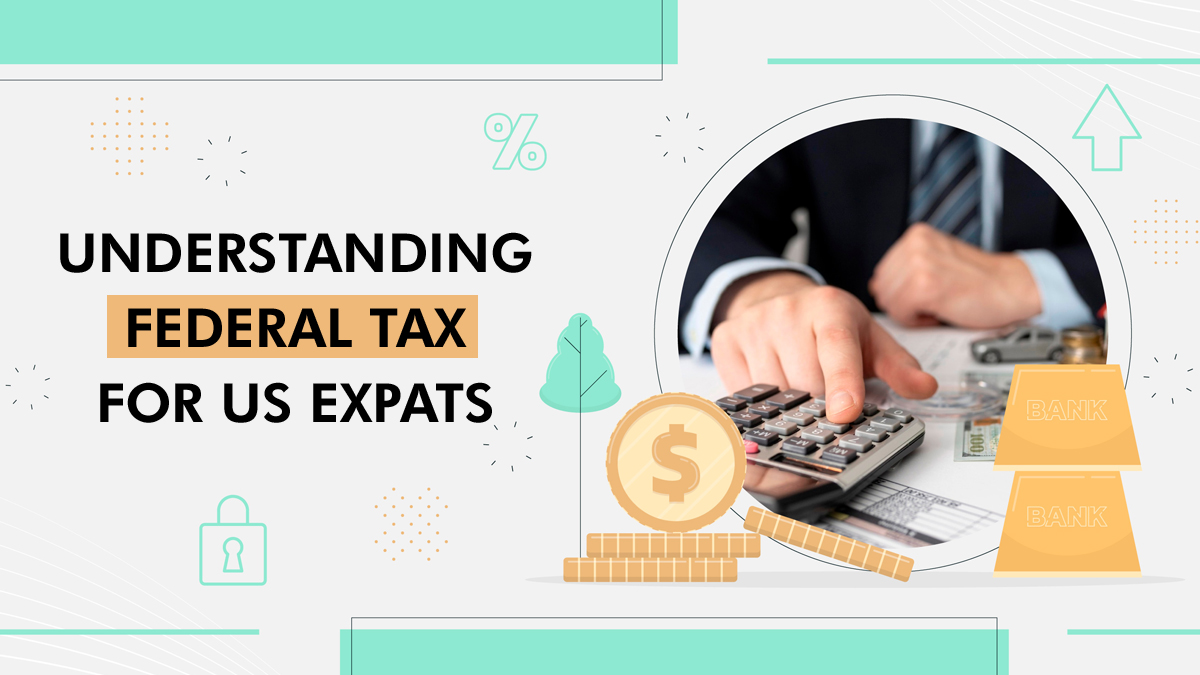Moving abroad is an exciting opportunity for many Americans to travel the world. Today, it is easier than ever to pack up and relocate to a foreign country. However, you need to stay compliant with your US expat taxes. Not understanding your tax obligation can lead to some serious consequences. Therefore, filing a federal tax return from abroad is necessary, irrespective of where your income was earned. So, to help you with this, let us learn the basics of the federal tax for US Expats.
The income thresholds for foreign tax returns for US expats include:
- $18800 for heads of household
- $12550 for single filers and married couples filing separately
- $25100 for married couples filing together
- Over $400 in earnings of self-employed individuals
If you want a detailed understanding of these figures, you can always contact the top accounting and tax services.
American citizens and expats are required by the law to follow the same rules for filing estate, income, and gift tax returns as those living in the US. Your worldwide income is subjected to the US income tax irrespective of where you currently reside.
When to File a Federal Tax Return?
If you are a US resident or citizen, and if your tax home and abode are outside the US and Puerto Rico on the regular due date of your tax return, you are granted an extension to file your return and pay any tax due. You are also not required to file a special form to receive the US tax expat extension. However, you need to ensure that you attach a statement to your tax return when you file to show that you are eligible for the extension.
Filing an additional extension for US taxes on foreign income is a good idea, as you can benefit if you have not yet met either the bona fide residence test or physical presence test on the due date for filing.
What is Foreign Earned Income Exclusion?
You can be credited a limited amount of the foreign income tax you pay against your US tax liability or deducted when calculating taxable income on your US income tax return. It is suggested that you claim a federal foreign tax credit rather than deduct it. The Foreign Income Exclusion reduces your US tax liability, and any excess can be carried back or carried forward to other years. Remember that the maximum exclusion per person is $112000 of the foreign income earned if the amount is lower than that.
In case you are married, you and your partner can both choose the exclusion as long as you live abroad together and meet a bona fide residence test or physical presence test. Know that a deduction will only reduce your taxable income and can be taken only in the current year. So make sure you treat all foreign income taxes the same. You cannot deduct some foreign income taxes and take credit for others.
To Conclude
Though filing US tax returns from abroad is a tedious task, as there are many factors to consider and you are required to make informed decisions, tax consultants can be of great help. They are well versed with all the rules and regulations that apply to federal tax returns for expats and can hence help you through the process.


